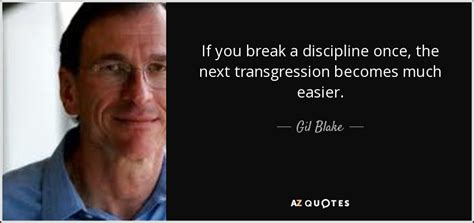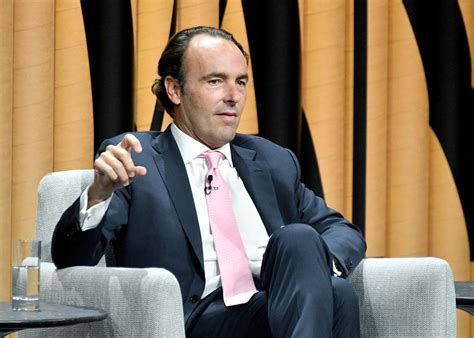A Quote by Geoffrey Moore
The most common misunderstanding of disruptive innovations is to overestimate their impact in the short term and underestimate it in the long term. Another common misunderstanding is to associate disruptive with good.
Related Quotes
Companies, in fact, are specifically organized to under-invest in disruptive innovations! This is one reason why we often suggest that companies set up separate teams or groups to commercialize disruptive innovations. When disruptive innovations have to fight with other innovations for resources, they tend to lose out.
The reason why it is so difficult for existing firms to capitalize on disruptive innovations is that their processes and their business model that make them good at the existing business actually make them bad at competing for the disruption. Companies in fact are specifically organized to under-invest in disruptive innovations! This is one reason why we often suggest that companies set up separate teams or groups to commercialize disruptive innovations. When disruptive innovations have to fight with other innovations for resources, they tend to lose out.
If a company truly wants to resolve the innovator's dilemma, it does need to be able to create wave after wave of disruptive innovation. And those disruptive innovations will typically grow to the point where they do cause some pain for leading companies. But most disruptive innovations create substantial new growth before they cause that pain.
The most important thing that a company can do in the midst of this economic turmoil is to not lose sight of the long-term perspective. Don't confuse the short-term crises with the long-term trends. Amidst all of these short-term change are some fundamental structural transformations happening in the economy, and the best way to stay in business is to not allow the short-term distractions to cause you to ignore what is happening in the long term.
Sustaining innovation is the lifeblood of any enterprise. It is the time when we capitalize upon, and recover from, all the disruptive change prior. Most of the operating profits in the world come from sustaining innovation. Much of the market capitalization gains, on the other hand, come from disruptive innovations.




































